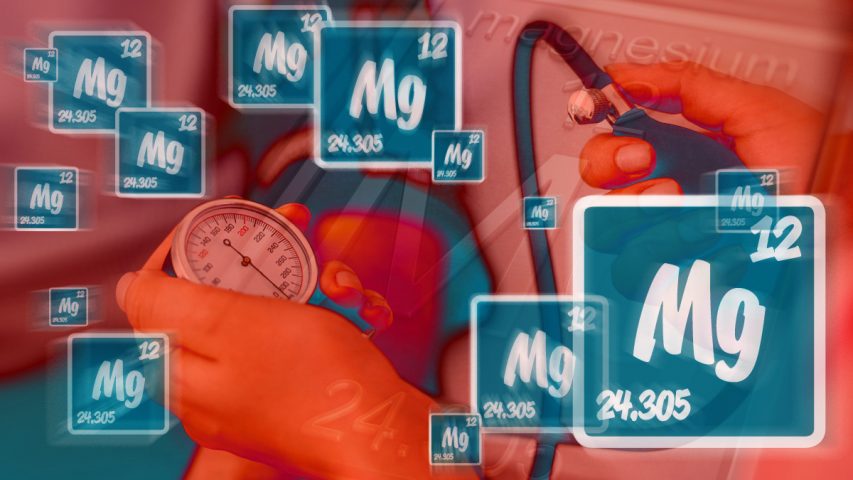- Have any questions? Contact us!
- info@dr-rath-foundation.org

BBC investigation uncovers disturbing evidence of link between anti-depressant drugs and homicide
July 27, 2017
The Laws of the Pharmaceutical Industry
August 3, 2017New meta-analysis provides further proof of the benefits of magnesium for high blood pressure

A new meta-analysis published in the American Journal of Clinical Nutrition has provided further proof of the benefits of magnesium supplements for people at risk of high blood pressure. Examining data from 11 randomized controlled trials involving a total of 543 participants, the researchers found that magnesium supplementation significantly reduces blood pressure in patients with insulin resistance, prediabetes, or other noncommunicable chronic diseases. An essential mineral described by the U.S. National Institutes of Health as being a cofactor in more than 300 enzyme systems in the body, low intakes and blood levels of magnesium are known to be associated with a wide variety of chronic diseases and health problems, as well as sudden cardiac death.
The studies analyzed by the researchers used doses of elemental magnesium ranging from 365 mg to 450 mg per day, with follow-up periods of between one and six months. The researchers found that magnesium supplementation resulted in an average systolic blood pressure reduction of 4.18 mm Hg (representing a lowering of the pressure exerted on the walls of the arteries while the heart is beating) and a diastolic reduction of 2.27 mm Hg (a lowering of the pressure exerted between heartbeats). Both of these reductions were significantly greater than those experienced by people in the control group.
The Cellular Medicine approach to high blood pressure

As positive and welcome as this new meta-analysis is, the most effective approach to controlling high blood pressure is not based upon the use of single micronutrients. Instead, it employs a carefully chosen group of micronutrients acting in biological synergy. Scientific proof of this method comes from a clinical pilot trial conducted by researchers at the Dr. Rath Research Institute, who evaluated its efficacy in patients aged between 32 and 60 years old.
Based on the Cellular Medicine understanding that the main cause of high blood pressure is a chronic deficiency of essential micronutrients in the smooth muscle cells that line the blood vessel walls, the patients in this trial were given a specific combination of nutrients including not only magnesium but also vitamin C, lysine, proline, arginine and others. These substances are all critical for maintaining the strength and elasticity of the blood vessels, and thereby for maintaining a healthy blood pressure.
At the beginning of the trial, all of the patients had elevated systolic and diastolic blood pressure values. Their average systolic blood pressure value was 167 mm Hg, while their average diastolic pressure was 97 mm Hg. After taking the micronutrient combination for a period of 32 weeks, the blood pressures of all the patients had improved. At the end of the trial they had an average systolic reading of 142 mm Hg and an average diastolic reading of 83 mm Hg. These values represent a reduction in systolic pressure of 15 percent, and a reduction in diastolic pressure of more than 14 percent. Moreover, the improvements are significantly greater than those reported for magnesium supplements in the American Journal of Clinical Nutrition meta-analysis.
The World Health Organization reports that the number of adults with high blood pressure increased from 594 million in 1975 to 1.13 billion in 2015, with the increase largely in low- and middle-income countries. With the total expected to reach 1.56 billion by 2025 and pharmaceutical drugs having failed to eradicate this disease, the need to implement the Cellular Medicine approach on a worldwide scale has never been more urgent.



